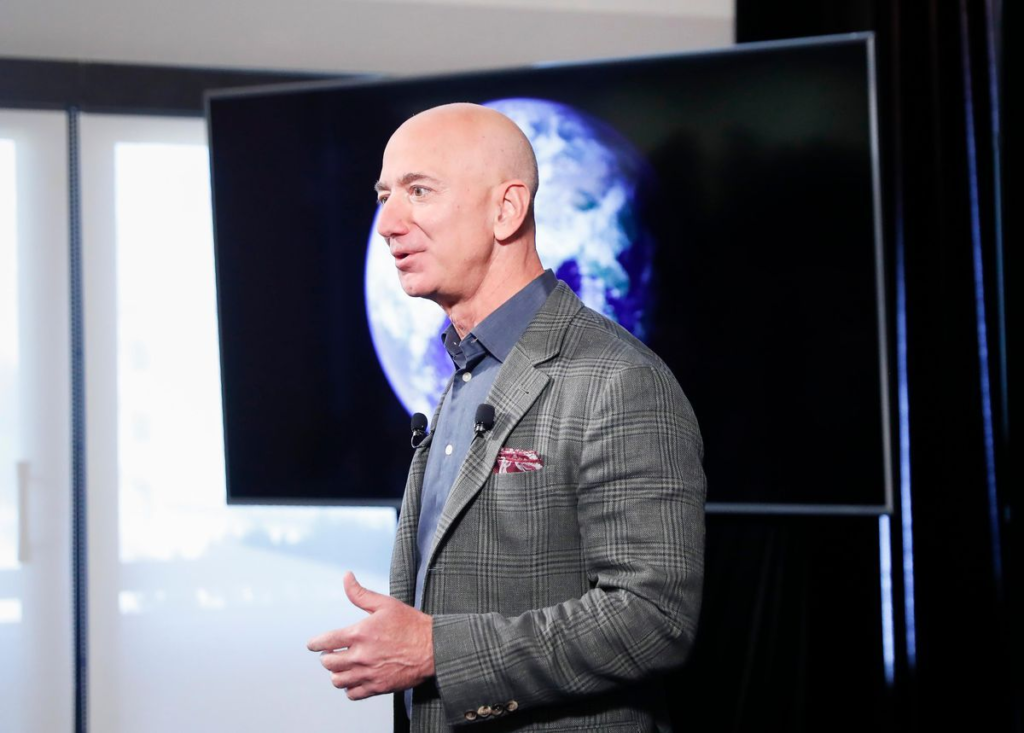The Bezos Earth Fund has announced $34.5 million in grants as part of its $10 billion commitment to fight climate change and protect nature, supporting efforts to improve greenhouse gas (GHG) accounting and disclosure and advance sustainable agriculture.
Businesses require credible information on their GHG emissions and those of their supply chain to set bold climate targets and cut emissions. To do so, they rely on GHG accounting and disclosure services. However, to keep up with the increased demand for quality standards and services, the organisations behind the current standards and infrastructure for necessary corporate action require urgent improvements to their guidance, systems, governance, and infrastructure. The Earth Fund supports this effort with $19.1 million in new grants to CDP and the GHG Protocol. This supplements previous grants totalling $21 million to the Science Based Targets Initiative, The Integrity Council for the Voluntary Carbon Market, and the Voluntary Carbon Market Integrity Initiative to support ambitious corporate climate action.
The GHG Protocol, which is entrenched in all major climate standards and efforts, is the most generally recognised worldwide standard for estimating and reporting GHG emissions. Through a $9.25 million grant, the Earth Fund supports this vital effort in collaboration with the World Resources Institute and the World Business Council for Sustainable Development. The financing will enable the GHG Protocol to update and clarify existing standards, provide new guidance, enhance efficiency, and give additional technical services to businesses to improve greenhouse gas data and reporting, which is critical for a low-carbon transition.
The CDP, widely regarded as the key global mechanism for environmental disclosure, will receive $9.9 million to upgrade its disclosure framework and technical tools. This grant supports the update of CDP’s processes and systems to improve performance and usability and efforts to ensure that crucial climate data is publicly available.
The food system is the second most significant source of greenhouse gas emissions after transportation. We must rethink how we offer healthy and diverse food to a growing population while utilising less land and decreasing emissions dramatically. The Earth Fund will collaborate with Cornell University’s College of Agriculture and Life Sciences and the Good Food Institute (GFI) to create innovative solutions to reduce farming’s environmental impact and to fund research to develop alternative proteins to help feed the world’s growing population.
Cornell University’s Faculty of Agriculture and Life Sciences has received $9.9 million in funding to assist a project to construct low-cost virtual livestock fencing t help farmers and animals while improving public health in underdeveloped nations and combating climate change. Virtual fencing involves equipping animals with wearable, GPS-enabled devices prohibiting animals from leaving defined grazing zones. On the other hand, current technology is relatively expensive for most farmers in low- and middle-income countries. In addition, forest conversion for agricultural reasons is a major contributor to deforestation. This method can relieve strain on forests while also providing huge potential benefits to climate and nature by cutting emissions by enabling the implementation of rotation at cow ranches around the world.
Alternative proteins, such as plant-based and cultured meat, can meet rising meat demand while lowering environmental stress, establishing more sustainable lives for farmers and other frontline food system workers, and enhancing global food system resilience. However, to be successful, they must achieve taste and price parity with conventional meat and be customised to markets with significant expected demand growth.
The $5.5 million funding funds research to spur the development of alternative proteins in collaboration with the Good Food Institute, a nonprofit think tank and global network of organisations focused on alternative protein science and innovation. It specifically supports features such as policy, consumer, and market roadmaps to drive and sustain growth in specific locations and foundational, open-access research grants to address some of the sector’s most critical R+D concerns.
